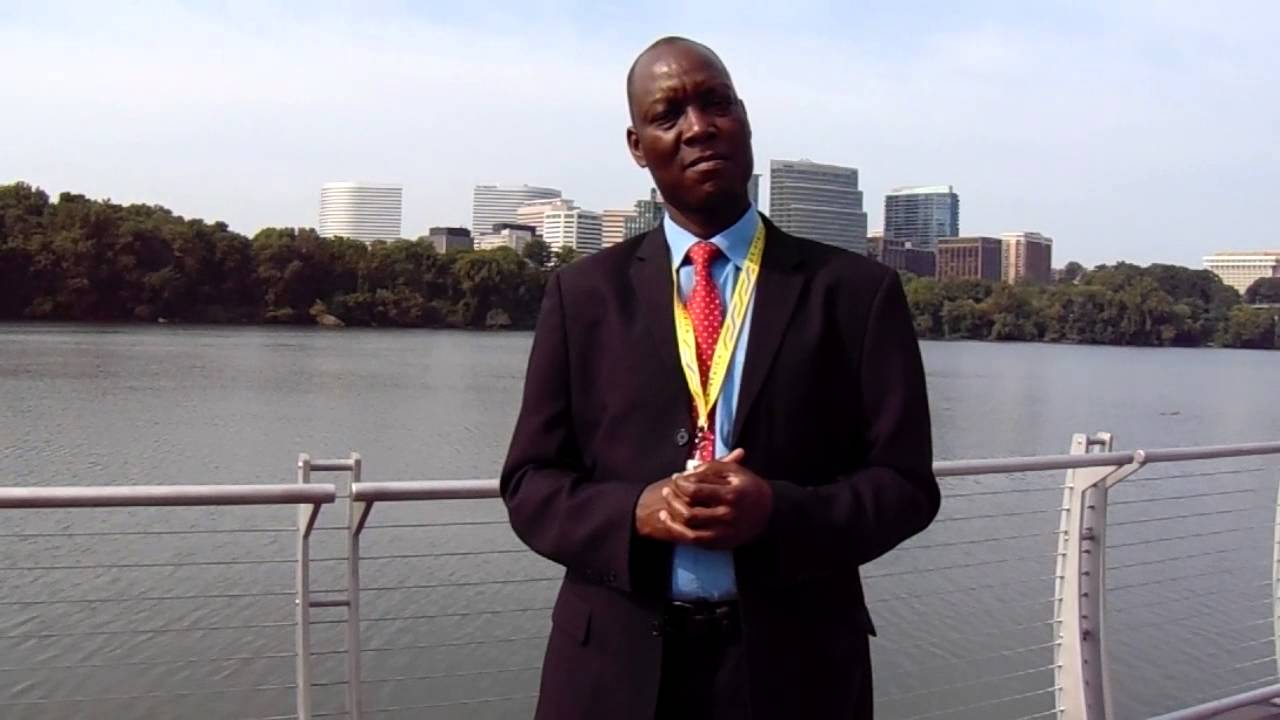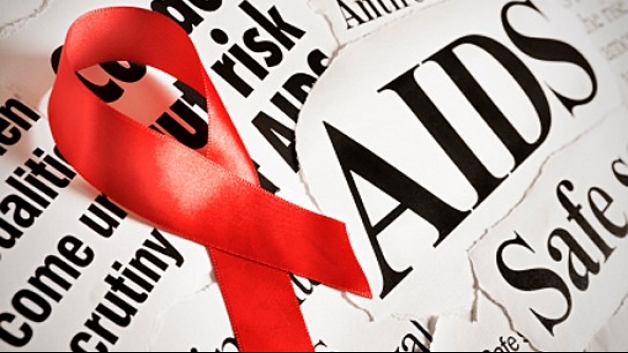The Malawi Chapter of the Media Institute of Southern Africa (MISA-Malawi) has come out of its cocoon and criticize President professor Arthur Peter Mutharika’s administration over the growing intolerance of free speech in the country.
The criticism follows reports that a 19-year-old Information and Communications Technology (ICT) student at Daeyang Luke University in Lilongwe, Patrick Semu, was arrested by the Malawi Police over the weekend and spent 36 hours behind bars after allegedly criticizing the state President.
As this is not enough, In September last year, a 60-year-old Alinafe Paulo of Traditional Authority Nsamala in Balaka was convicted and fined MK3,000 or serve three months imprisonment with hard labor for insulting the President.
In a statement released today Tuesday March 15, 2016 signed by MISA-Malawi President Thom Khanje, the body says the move taken by the DPP administration is uncalled for in modern and democratic Malawi where citizens have a right to freely express themselves as guaranteed under Section 35 of the Malawi Constitution, which the President swore to defend.
“Section 35 provides that ‘Every person shall have the right to freedom of expression.’ Criticising the president falls within the framework of this provision and should never warrant an arrest. People should not be arrested for merely exercising a constitutional right.
“Criticising those in power is healthy for a democracy and government is constitutionally obliged to tolerate and respect citizen views and opinions. This is also critical in building a healthy and vibrant society,” reads the statement in part.
Added Khanje: “As MISA-Malawi we find the conduct of the Police in arresting and charging people for insulting the President retrogressive and a threat to democracy.”
MISA-Malawi President has also appealed for repeal of laws that are inconsistent with the country’s democratic dispensation.
“The offense of “Conduct Likely to Cause Breach of Peace”, which was used in both cases as cited here; is a broad and archaic law which is often abused by law enforcers.
“It is one of the out-of-date and unconstitutional laws which Malawi has maintained after inheriting them from colonial masters. Other laws in that category includes the Protected Flag, Emblems and Names Act, the Official Secrets Act (1913); the Printed Publications Act (1947) and the Censorship and Control of Entertainment Act (1968), among others,” said Khanje.
Added Khanje: ”It his high time Malawi repealed these statutes to get rid of laws that are not in line with our democratic dispensation. Applying laws enacted during the colonial period, fifty years after independence, is retrogressive and a threat to our hard won democracy.”




